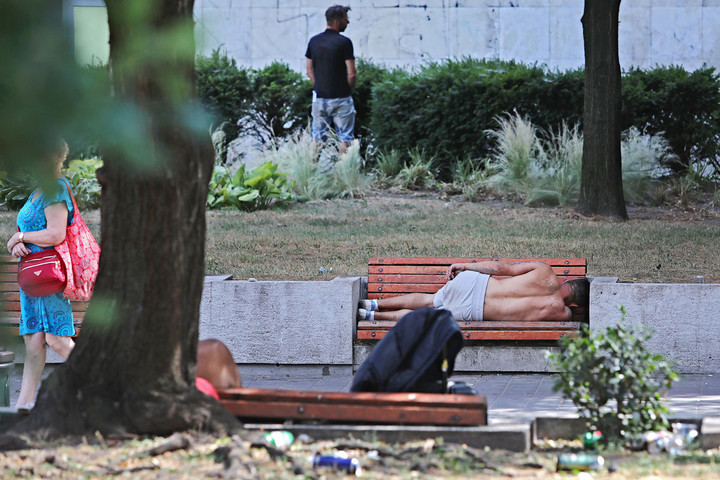Budapest's decline is not a product of journalistic fantasy, but a sad reality. Milán Constantinovits's writing on Mandiere .
News reports about the perceptibly deteriorating public conditions in the capital, from Deák to Örs vezér tér, appear one after another. Those who suspect some kind of sophisticated master plan behind the reports are wrong: even as a one-time resident of the city, you can experience the withering of Budapest in several areas.
Maybe cliché, but true; the attitude, sense of responsibility, willingness to act, let's say: spirituality of a city or district leader determines the image of the settlement, the public atmosphere and sense of security of a community in the long term. However, it is possible to control a city of one and a half million with communication maneuvers for a month or two
over the years, the true spirit of leadership emerges, and reality comes face to face.
As a deep-rooted city citizen, what was an obvious change within a short time was the imposition of an environmentally friendly concept on the traffic system of the city center without any previous study. The problem with bicycle lanes is not that they want to help the city dwellers who choose this form of transport, but rather that they were imposed on the city center without basic logic, to the disproportionate detriment of the motoring community, paralyzing the entire daytime traffic.
This is only exacerbated by the light program that was changed as delayed compensation, which does not help motorists perceptibly, but puts those who choose the busiest electricity network in Central Europe as an alternative at a disadvantage.
dreamed of a gigantic at the foot of Naphegy, Momentum envisioned a concrete wall for the Buda castle, Krisztina Baranyi erected a BLM statue .
All this not only reveals the lack of a comprehensive urban development concept,
but about city management based on random, sometimes better, but rather worse, individual ideas.
And what can be felt walking around Budapest is the spectacular decline of public cleanliness, the garbage flooding the streets, squares, and underpasses. The neglect of the overall social cause of the homeless is striking: the street cannot be a worthy home for anyone.
What we see on the streets: a symptom of paralysis. Less than two years have passed since Budapest has new masters, but it can be bitterly stated that the city image and the well-being of the city dwellers have sunk a lot.
This reflects thoughtlessness, disorganization, haste or a complete lack of professional competence, or what is perhaps even more damaging: general lack of interest and a poorly understood responsibility. The case of the Pesti út nursing home confirmed both suspicions. The burlesque around Lánchíd may not be comparable to this, but it certainly underlines that
the Karácsony-Stáb cannot perceive the true weight of city management at all.
However, responsibility and authorization must be used if we do not want to fall back to the inglorious Demszky era. And then we haven't even discussed the fact that running a city is indeed a complex task, the exemplary solution of which could entitle you to the ambitions of the country's leader. At the moment, however, it may just seem like a bad joke.
Source: Mandarin
Photo: MH/Péter Papajcsik













